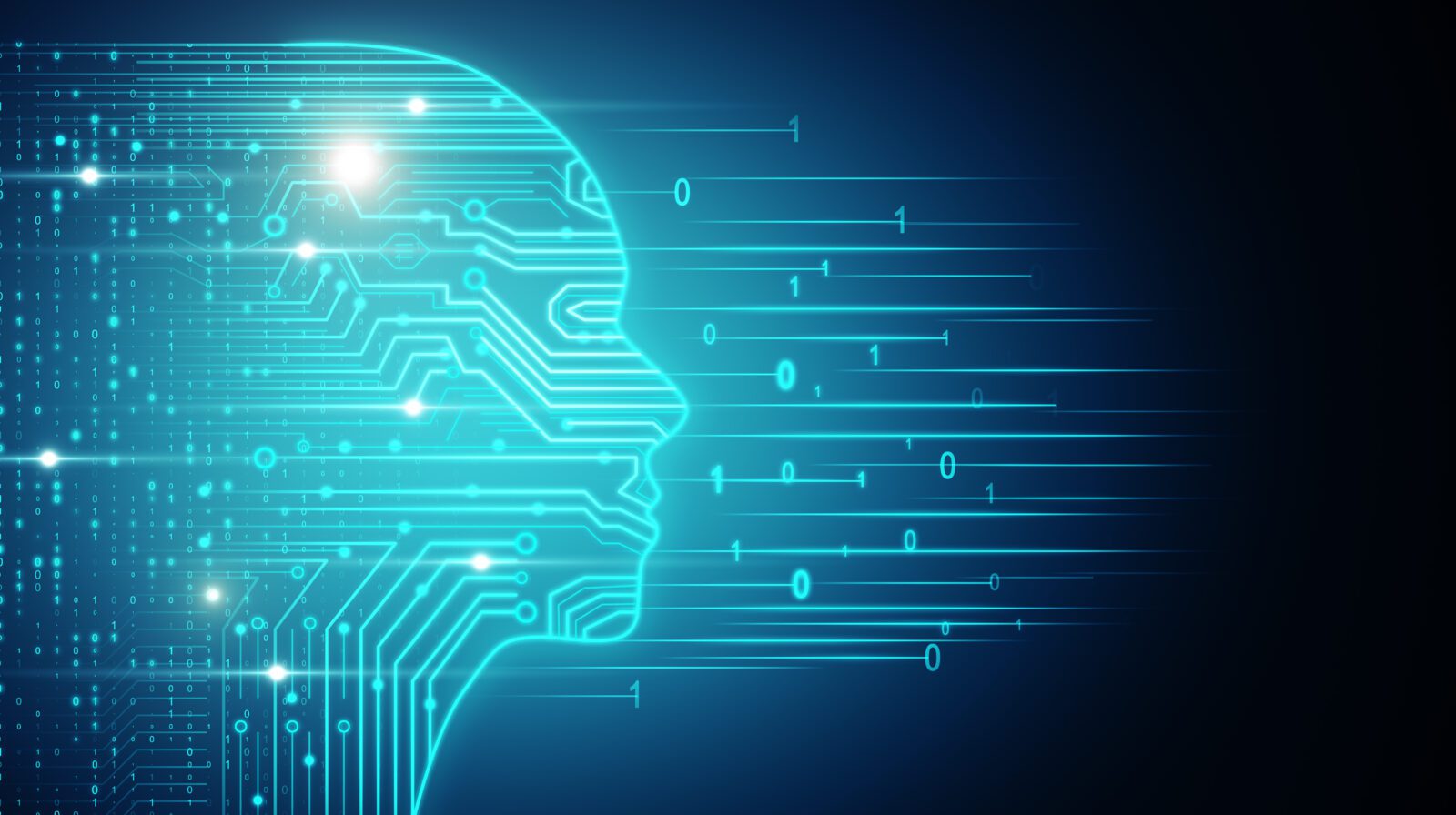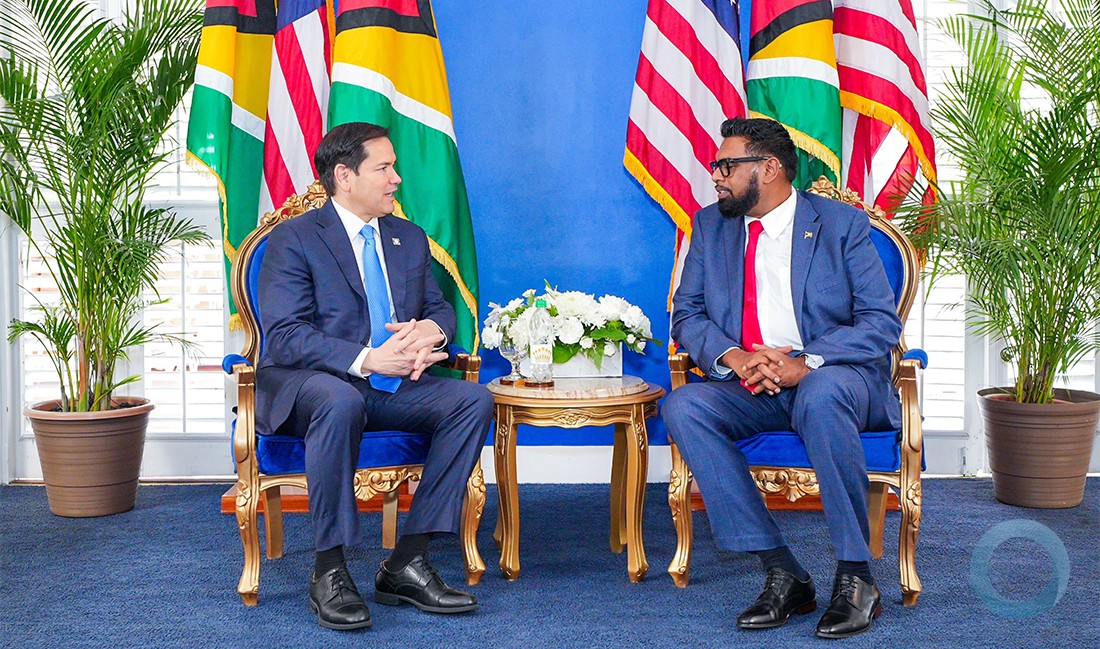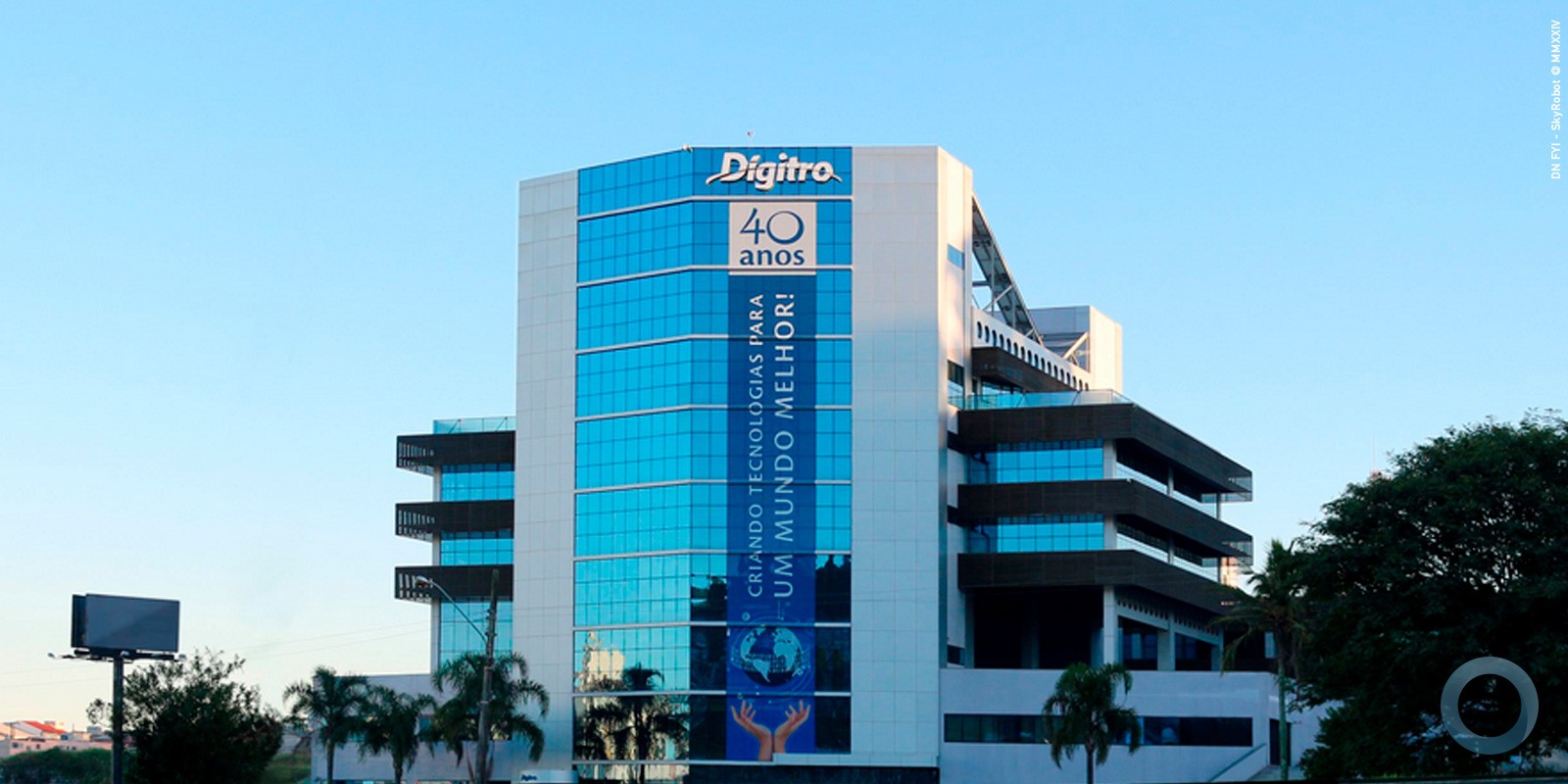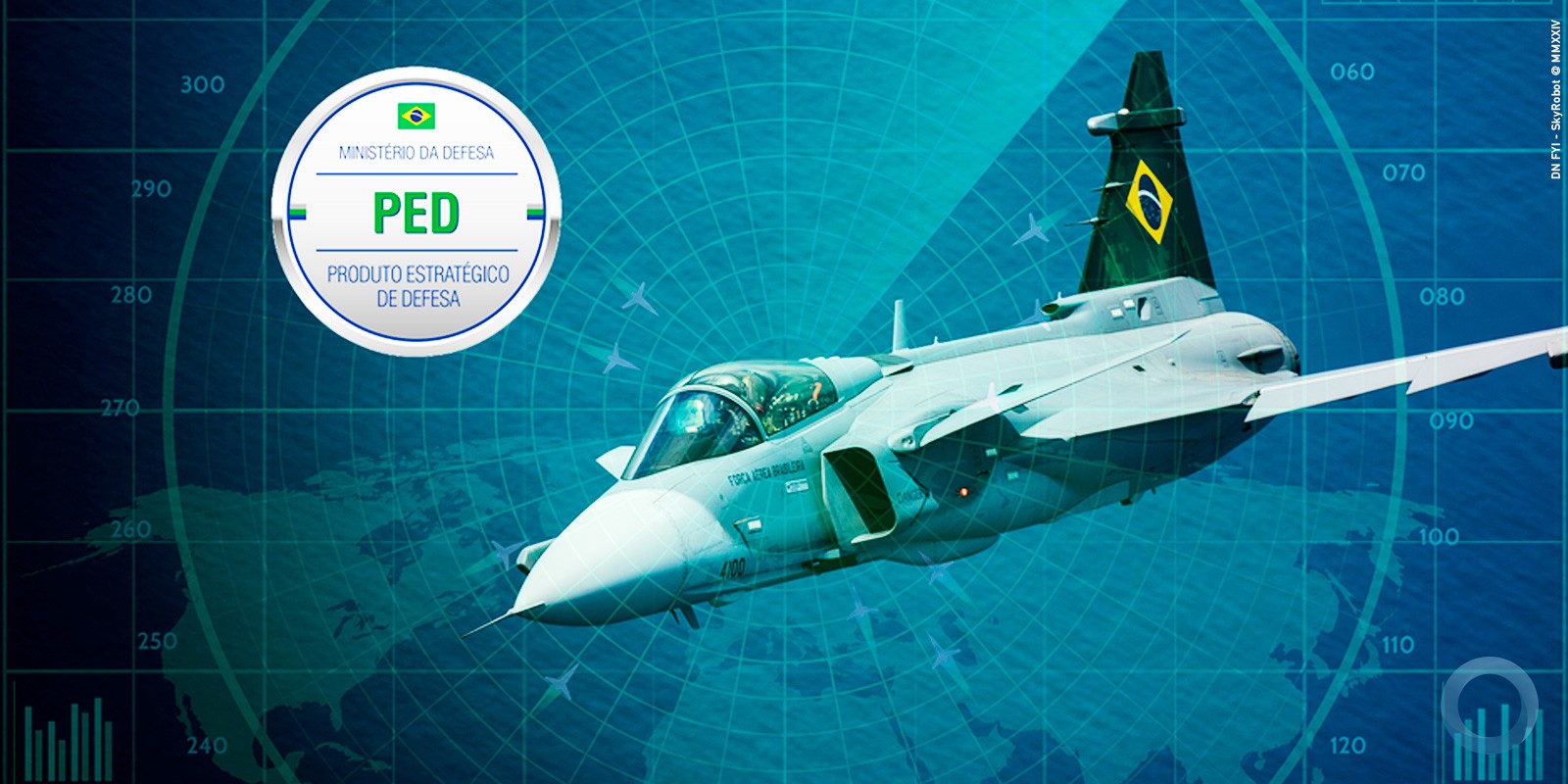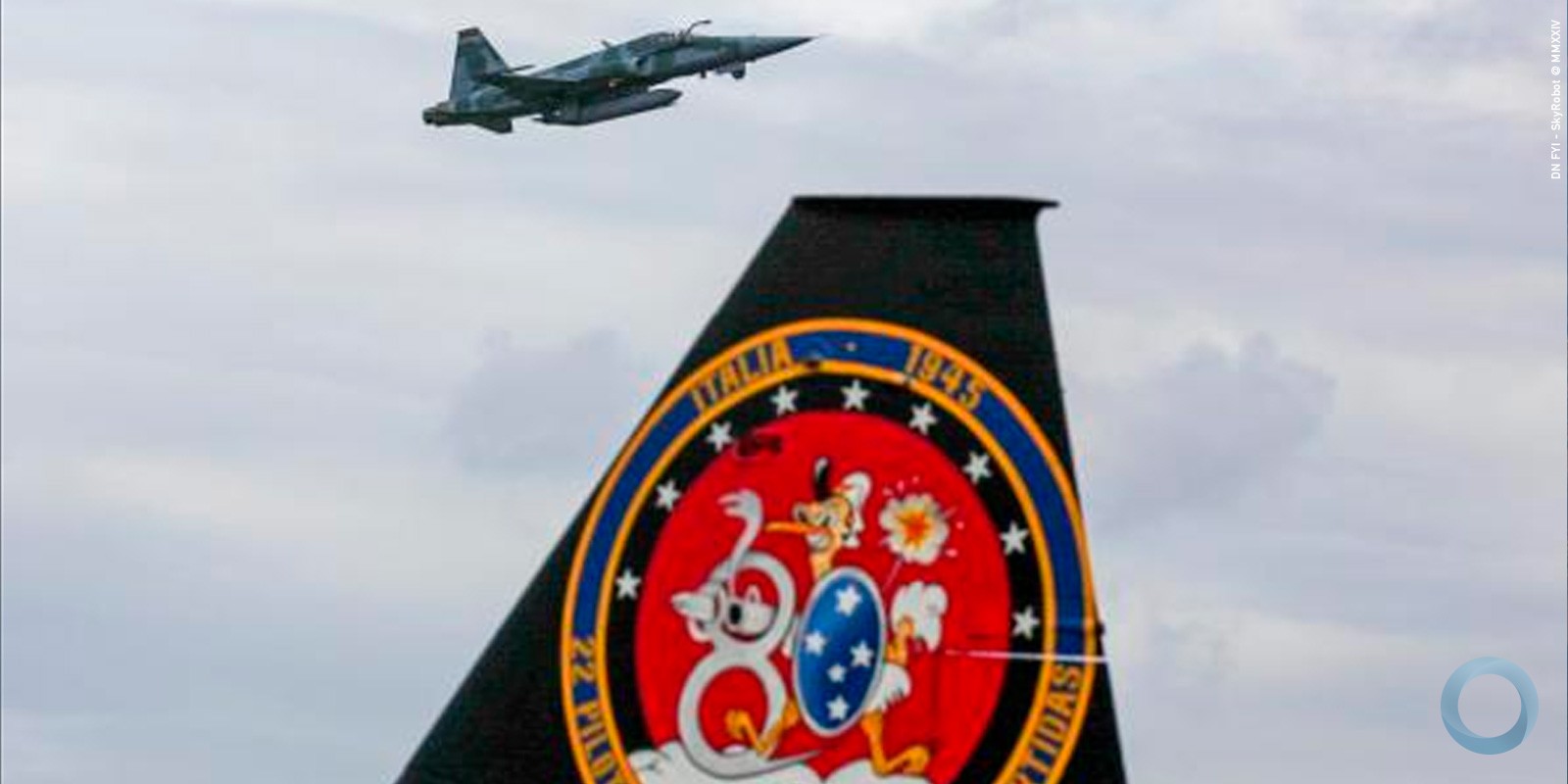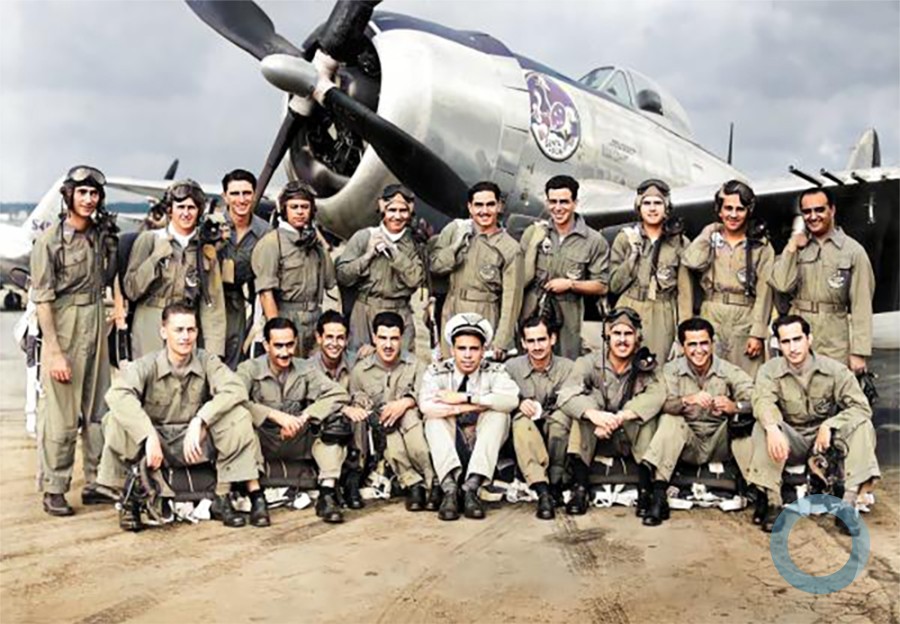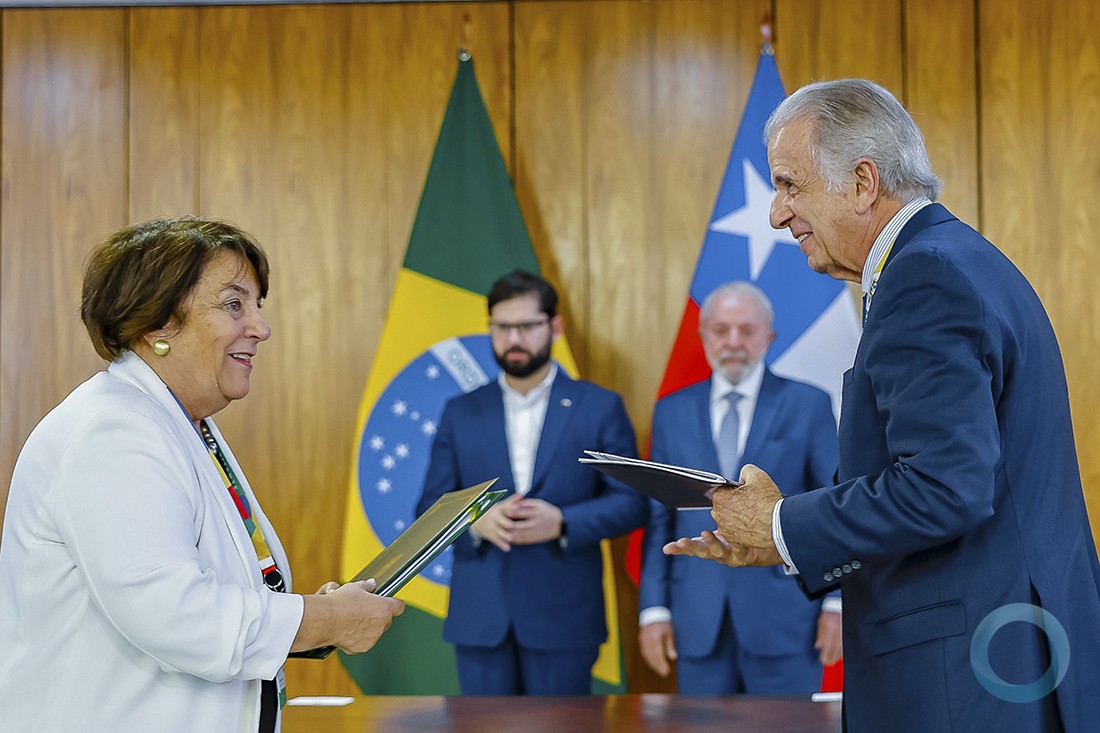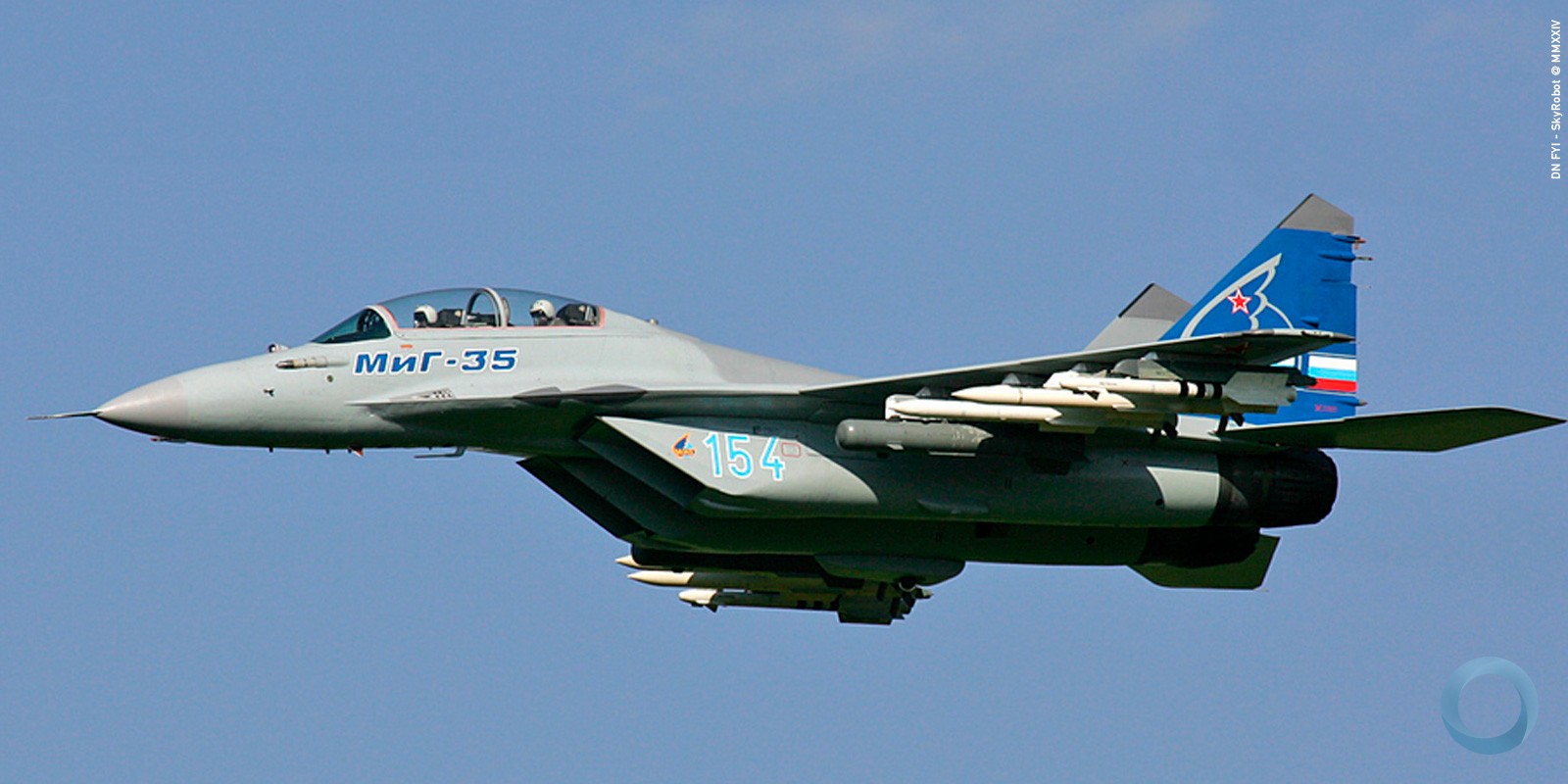Dr Farah Hegazi
Researcher in SIPRI’s Climate Change and Risk Programme
1 July 2020
To many, the coronavirus disease 2019 (COVID-19) pandemic came as a surprise. It has placed enormous strain on governments to contain the spread of the disease and address the fallout from the measures that have been implemented. In some cases, governments have chosen to overlook the seriousness of events and, in others, the state has simply been unable to cope with the consequences. As a result, armed non-state actors have stepped in to the fill the void, providing people with the goods and services they need to survive. Such actions could potentially increase the legitimacy of those armed groups, while undermining the legitimacy of the state.
As climate change will alter how societies and governments interact with nature, the frequency of severe global health events may increase. The question that arises against this backdrop is whether the added strain on states to tackle public health and the risks to human security will create an opportunity for armed non-state actors to gain additional legitimacy.
Legitimacy and the role of non-state actors in service provision
One of the central roles of government is to provide public and social services for its citizens, such as healthcare, education and drinking water. But in contexts where state presence is weak or absent, non-state actors, such as non-governmental, faith-based and community-based organizations, have stepped in to deliver those services.
The provision of public services by non-state groups is not a new phenomenon. It is and has been prominent in countries of the Global South—increasing since the 1980s—where governments face challenges in delivering public services. Such service provision approaches also extend to armed actors who, provided that they have the resources, also step in to fill the void. Examples range from the Taliban in Afghanistan, to the Mafia in Italy, to drug cartels in Latin America.
The benefits that armed groups reap from providing services are numerous, including winning people’s loyalty and extracting resources from the served population, such as recruits, funds and supplies. Importantly, the services that armed non-state groups deliver also allow them to build and generate legitimacy for themselves, and undermine the legitimacy of the state.
COVID-19 has crippled many economies, both formal and informal, and has left people struggling in its wake. It has most directly shattered economic, health and food security, as no one is safe from infection, and the drastic response required to contain the rate of spread so that health systems can cope has disrupted individuals’ income sources. The International Committee of the Red Cross, for example, reported that 95 per cent of respondents in a small survey in Nigeria indicated that COVID-19 has negatively impacted their livelihoods, salaries or revenue. In Iraq and Libya, the reported percentages were 83 per cent and 52 per cent, respectively. Not only has income decreased, but individuals also indicate that they do not have savings to help them weather the storm.
States’ actions to contain the spread of the virus, and to manage the fallout of those measures, have also varied. As a result, a wide range of non-state actors have stepped in to provide assistance.
The mayor of Palermo, Italy, noted the connection between the effects of a deteriorating economy and the role of non-state actors filling the gap, saying—around the time that the Italian Government allocated €400 million for food vouchers—that the Mafia could capitalize on current circumstances. Italy’s minister of interior, Luciana Lamorgese, made a similar point, saying ‘the Mafia could take advantage of the rising poverty, swooping in to recruit people to its organization’. And this is precisely what happened. The Guardian reported that the Mafia has been providing free food to residents who have been struggling due to income loss in cities like Naples and Palermo, where a significant number of people are engaged in the informal economy.
Mexico has also experienced a similar phenomenon, with drug cartels distributing aid packages to those in need.
In Brazil, where the state has not adequately responded to COVID-19 amid President Jair Bolsonaro’s failures and plummeting approval ratings, Rio de Janeiro’s gangs have taken it on themselves to organize a response. They have, for example, implemented a curfew in the favela of Cidade de Deus, with reports that the gangs have been using megaphones to spread the following message: ‘We are imposing a curfew because nobody is taking [coronavirus] seriously. It’s best to stay home and chill. The message has been given.’ In addition to curfews, gangs in other favelas in Rio de Janeiro have been distributing soap and encouraging handwashing.
The Taliban in Afghanistan has, among other measures, been distributing soap within the territory it controls.
Such actions and measures come at a price for beneficiaries, though, like voting for a Mafia candidate in an election. Nonetheless, they lend legitimacy to these armed non-state groups because they stepped up and stepped in when the state either could not or would not.
The effect of climate change on the legitimacy of non-state actors
Climate change is projected to have an effect on the distribution of disease, as it will create environments that are more hospitable to disease carriers.
Not only are changing temperature and precipitation patterns expected to affect the distribution of disease carriers, but the way in which people interact with nature as a result of climate change is also expected to affect disease spread through, for example, land use change. To illustrate, in order to cope with the expected decrease in agricultural output due to the effects of climate change, governments may expand arable land through deforestation to offset the projected decrease in productivity. This will increase the interaction between humans and wildlife throughout the deforestation process, which increases the probability of disease transmission from wildlife to humans. In settings where population density is high, the risk and rate of disease transmission between humans increases. This, coupled with behavioural patterns like international travel, increases the risk of pandemic spread.
As climate change modifies how humans interact with nature, with the potential to increase the risk of disease transmission and disease epidemics, the strain on the state to cope and address issues of human security increases. When such events increase people’s vulnerability, they are likely to accept assistance from armed non-state actors when the state’s response is absent or inadequate.
The role of armed non-state groups could therefore increase in importance. Such actors will take advantage of the vacuum in the provision of state assistance and will themselves deliver support that will contribute to individuals’ human security. In the event that these groups do a better job of responding to hardship than the state, their legitimacy could potentially increase. This presents further problems for the state, as it undermines its legitimacy and makes it harder for the state to win citizens’ trust and support.






